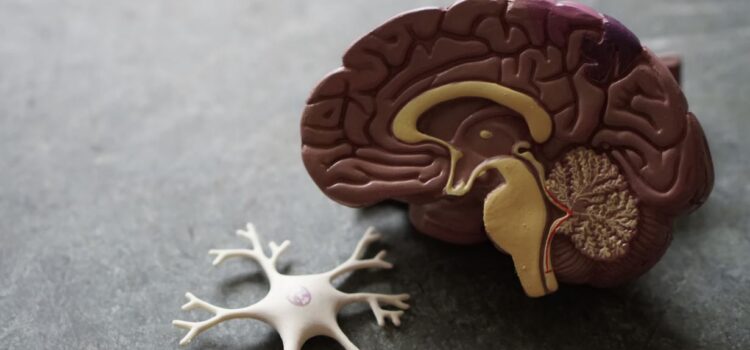

This article is an excerpt from the Shortform book guide to "The Happiness Hypothesis" by Jonathan Haidt. Shortform has the world's best summaries and analyses of books you should be reading.
Like this article? Sign up for a free trial here .
What is Seligman’s positive psychology? What are the six core virtues that are celebrated across all civilizations?
Positive psychology is a relatively new field of science, founded in 1998 by Martin Seligman. This science attempts to elevate the human experience instead of treating the disorder. In his studies, Seligman discovered six core values that stretch across all cultures.
Keep reading to learn more about Seligman’s positive psychology and the six core values.
Seligman’s Positive Psychology
If the ancients evinced a keen understanding of how psychology interacts with morality and subsequent western philosophers led us astray, how do we find our way back? What is the bridge that links ancient virtue theories with our modern understanding of how the human mind works?
The answer lies in the relatively young field of positive psychology. Positive psychology was founded by Martin Seligman in 1998. The science of elevation attempts to use Seligman’s positive psychology to elevate the human experience and cultivate excellence, instead of merely treating the disorder. Seligman and his colleague Chris Peterson combed through the world’s great moral tomes, looking for a common set of virtues celebrated in these texts.
Given that these writings came from every corner of the world across every period of history, the virtues Seligman and Peterson identified weren’t the same across all cultures, and some were emphasized more in one culture than another. But there were six core virtues that were celebrated across all civilizations: Below the six virtues are 24 character strengths. By developing these character strengths, an individual can work toward the ultimate cultivation of the virtues.
The six core values from Seligman’s positive psychology studies are:
- Wisdom
- Curiosity
- Love of learning
- Judgment
- Ingenuity
- Emotional intelligence
- Courage
- Valor
- Perseverance
- Integrity
- Humanity
- Kindness
- Loving
- Justice
- Citizenship
- Fairness
- Leadership
- Temperance
- Self-control
- Prudence
- Humility
- Transcendence
- Appreciation of beauty and excellence
- Gratitude
- Hope
- Spirituality
- Forgiveness
- Humor
- Zest
Most importantly, working toward these virtues should be a joyful, enlightening experience. You are focusing on things you enjoy, which is intrinsically rewarding; you are getting a reward from being on the journey, receiving positive reinforcement for each baby step you take. The cultivation of virtue is its own reward.

———End of Preview———
Like what you just read? Read the rest of the world's best book summary and analysis of Jonathan Haidt's "The Happiness Hypothesis" at Shortform .
Here's what you'll find in our full The Happiness Hypothesis summary :
- How your emotions determine how satisfied you are in life
- Why you need to struggle in order to succeed
- How to create your own happiness






